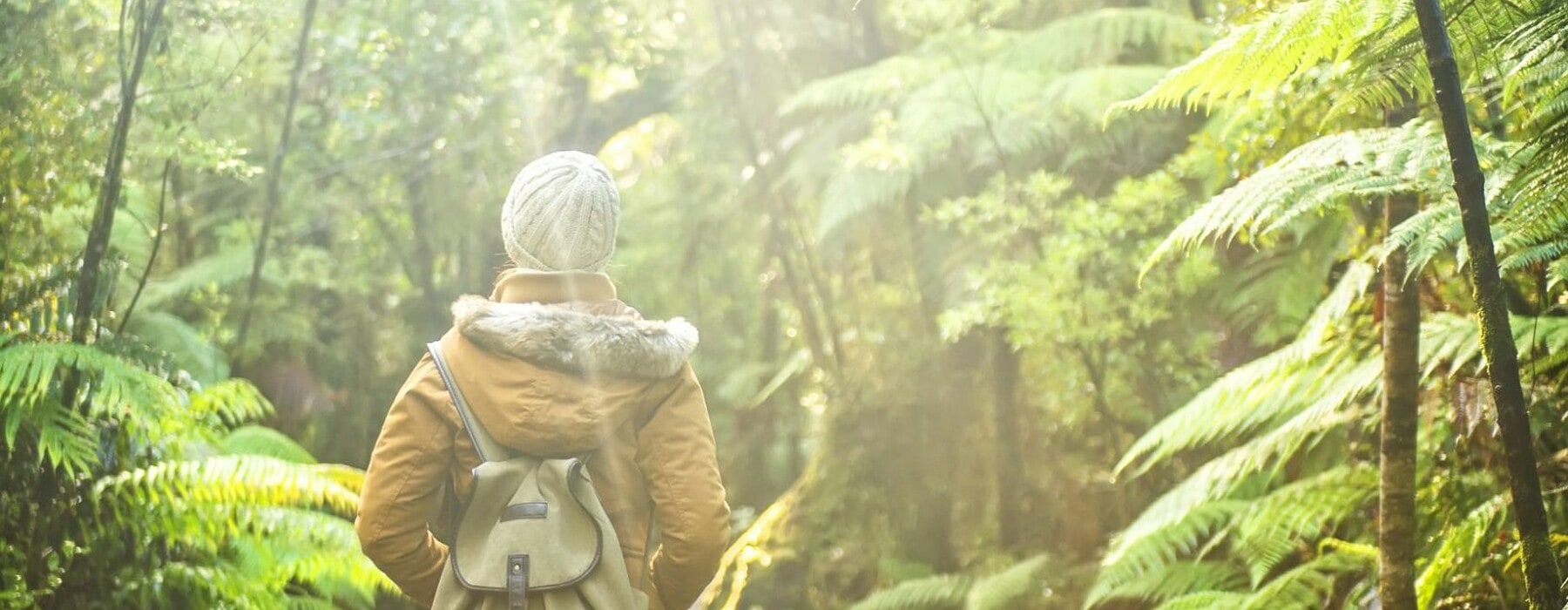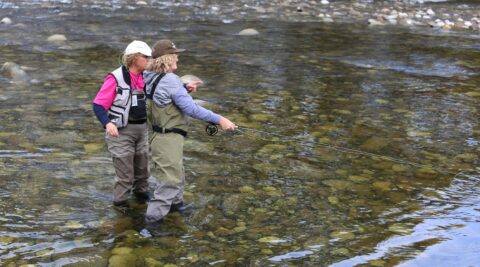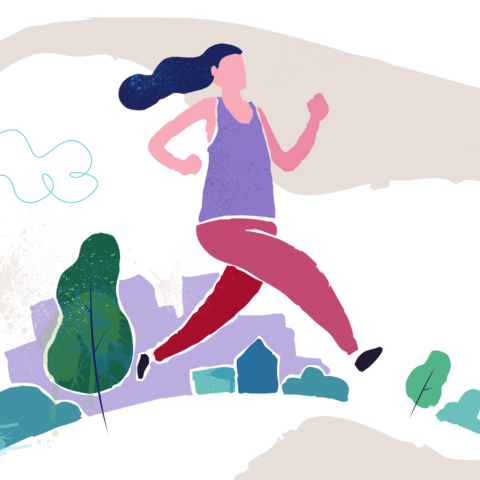We in Aotearoa are fortunate that while we’re adrift from the world we have so much natural beauty to soothe us. New research has found that walking in nature is good for us in more ways than anyone knew.
There is nothing quite like being told you can’t leave your house under Covid-19 Level 4 lockdown to make you really want to go outside.
For many of us, the pandemic has reignited a passion to be in nature and to explore our local parks and beaches. To do that, we started walking again, without really thinking of it as exercise.
But it turns out, thanks to some recent studies, that even just 30 minutes of walking a day is a great way to incorporate healthy exercise into our lives, and doing it in nature is even better. It helps our mood and our mind.
A recent Norwegian study published in the BMJl found that exercise intensity makes no difference to the risk of mortality among older adults.
The trial took 1567 participants with an average age of 73 and assigned some to high-intensity interval training, others to moderate-intensity training, and the rest to engage in some type of physical activity, such as walking, for 30 minutes a day. After five years, the researchers found no difference in the mortality rate across the three groups, so just doing something as simple as walking for 30 minutes a day will keep you in good shape.
But you really should do it in nature for added benefits. Another recent study found that a regular dose of “awe” in nature increased positive emotions and decreased stress. “Awe” is defined as a positive emotion triggered by awareness of something vastly larger than the self and not immediately understandable, such as nature, art or music.
The study, by researchers at the UCSF Memory and Aging Center and the Global Brain Health Institute, both in San Francisco, found that a very simple intervention – essentially a reminder to occasionally shift our energy and attention outward instead of inward – can lead to significant improvements in emotional wellbeing.
“Negative emotions, particularly loneliness, have well-documented negative effects on the health of older adults, particularly those over age 75,” said one of the researchers, Dr Virginia Sturm, an associate professor of neurology and psychiatry at UCSF.
“Experiencing awe is such a simple practice – just taking a moment to look out the window or pausing to consider the technological marvels that surround us. A little more joy and a little more connectedness with the world around us is something all of us could use these days.”
A 15-minute “awe” walk can not only help you get more exercise into your day but can also help your mind.
In New Zealand, we are lucky enough to have The New Zealand Walking Access Commission Ara Hīkoi Aotearoa, which works with communities to create access to wonderful nature walks all over the country.
Find the our favourite walks here.








